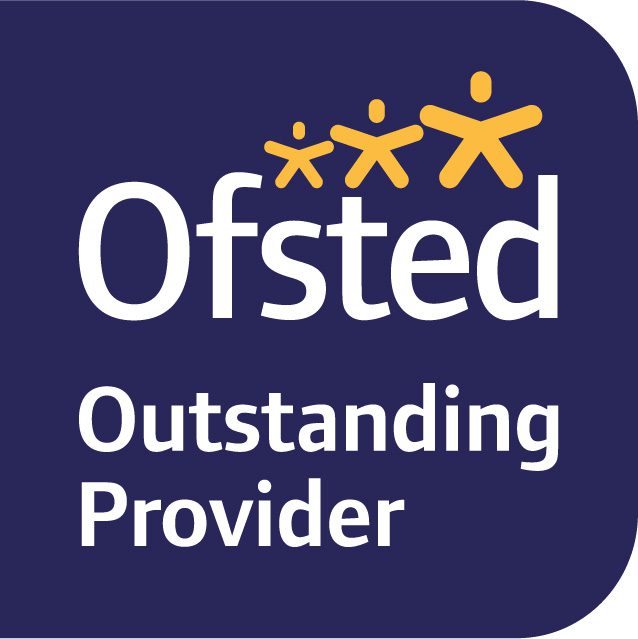
By Helen Weston (@2tubies on Twitter)
This summer, my teenage son attended his second camp run by Over The Wall. It is a free therapeutic recreation camp to develop the confidence, self esteem, coping strategies and relationships of children and young people with health challenges.
It is with his permission I am writing this blog as I feel it is important to highlight the incredible work that the charity does – my son’s only request is that I don’t publish his name. For the purpose of this blog, I will call him ‘Ted’.
Ted went to Dorset for this year’s Health Challenge camp. The health needs of the children who attend can vary widely, but OTW work hard to not make the children’s health conditions the focus of the camp. Like many residential camps for children, there are plenty of fun activities and new friends to be made. However, unlike many other camps, there are clinical volunteers including paramedics, doctors and nurses (known as ‘Beach Patrol’) who often give up a week of their annual leave to volunteer at camp and support the children. This allows children who wouldn’t ordinarily be able to be away from home to experience a sense of normality, while their parents feel totally happy and reassured that their children are in very safe hands should anything go awry with their health condition. Additionally, there is also a large number of fabulous volunteer helpers, trained by OTW who engage and support the campers to get the most out of their camp experience.
Until Ted was 13, he had never been away from home. He had never been able to access a school residential or an activity holiday independently before. As part of his medical condition, he is fed via a gastrostomy tube overnight and the responsibility of this can be a barrier – the result can be a lack of inclusion, independence and ‘normality’.
There are two main challenges that parents of children with medical needs face when it comes to handing over the responsibility of their children to others:
Firstly the worry of “Will the staff listen to the information and advice that both we and the health professionals have given to them and contact us if there are any problems?”
Secondly, “Will my child feel safe, secure and happy in an unfamiliar environment with both adults and children whom they have never met?”
We found that the answer to both of these is YES!
There is so much about the experience of an OTW camp that is intangible – but the positive ripples and self-belief that it creates are long lasting. For example, the first time Ted ever had any aspirations about his future was after his first camp in 2018. This year he returned with new, updated aspirations and a genuine belief that he could achieve them. OTW set high expectations for what the campers can achieve and they are challenged to step outside of their comfort zones – but with plenty of support, encouragement and praise. Enriching experiences are offered daily to boost self-esteem.
Ted has lived with chronic illness all of his life and he is constantly reminded of what he can’t do from both society and school. OTW’s Health Challenge camp is five days of discovering and celebrating what he CAN do! This may be immeasurable to most, but for Ted, it is invigorating.
One of the overwhelming observations Ted has made about camp, is the abundance of kindness. Human kindness. From the doctors and nurses, the wellbeing team, the volunteers, the chefs (who cook lovely allergy-friendly meals for him) and of course, the other children and young people who are all benefiting from the camp. Kindness and positive connections have a huge impact at very low cost.
Life can be full of challenges for young people like Ted and it is important we celebrate the people/charities/organisations who can potentially create life changing experiences and memories for them. OTW has given our son hope.



